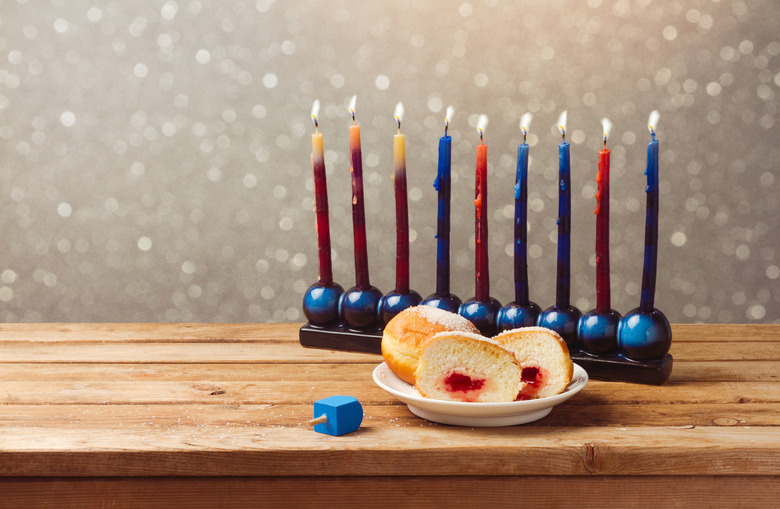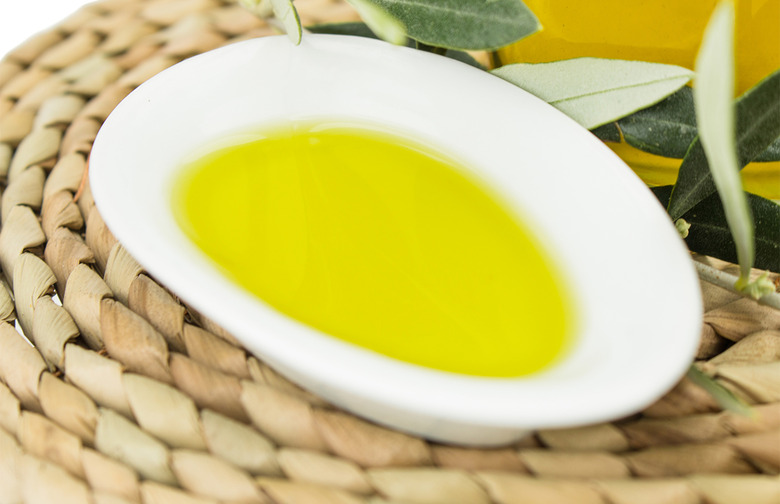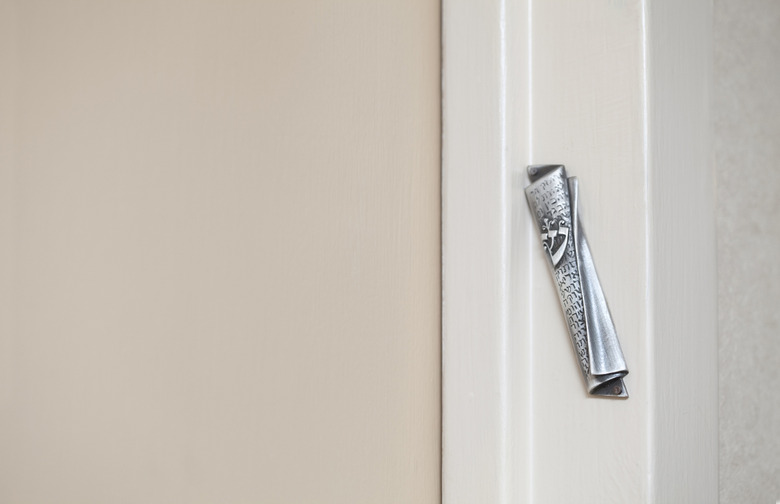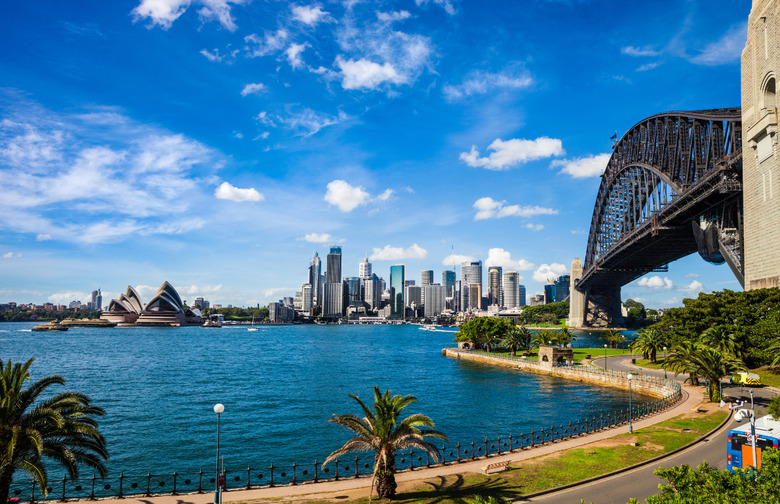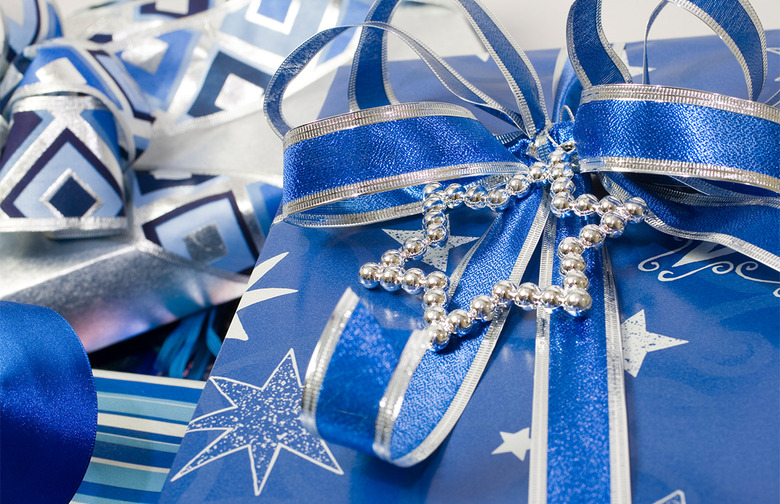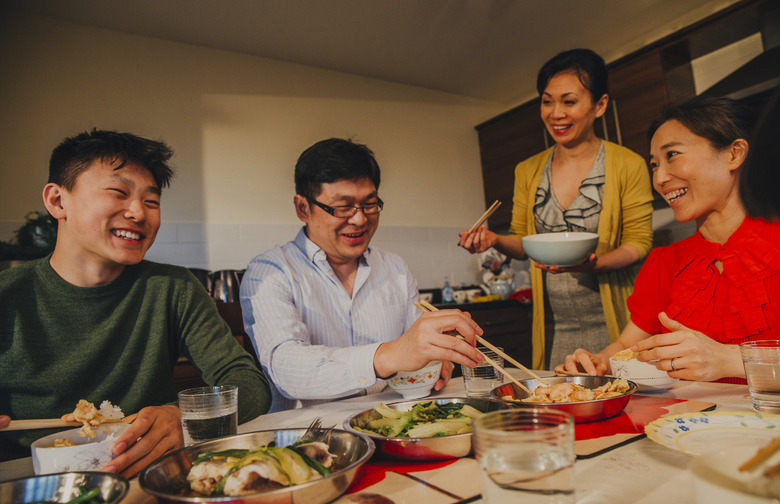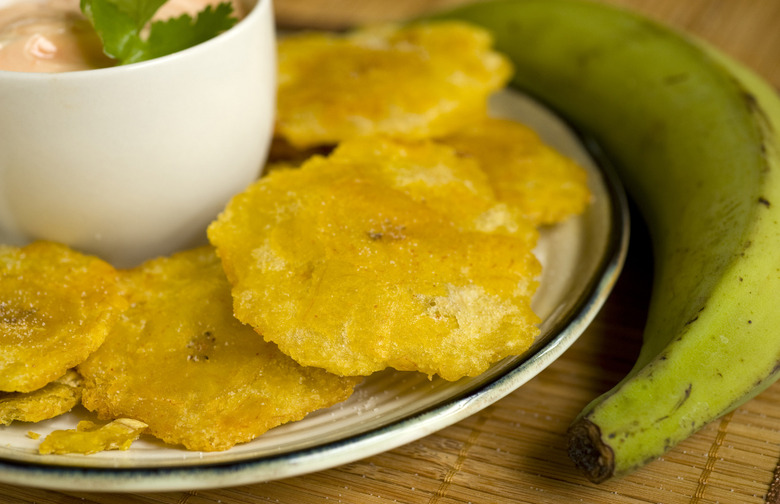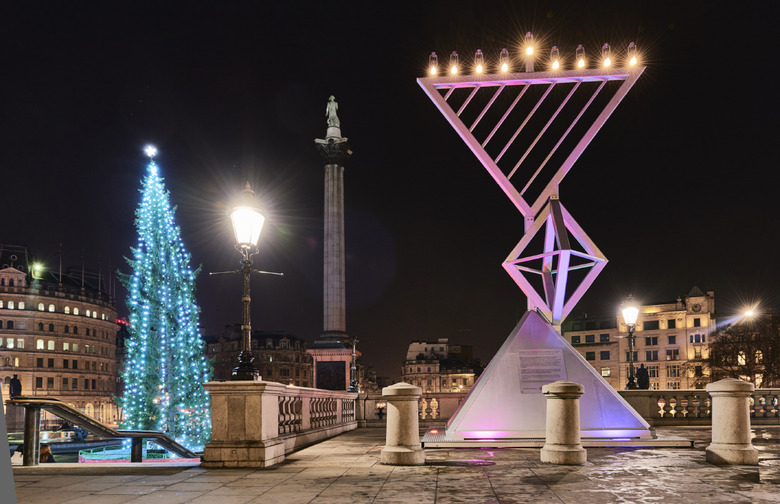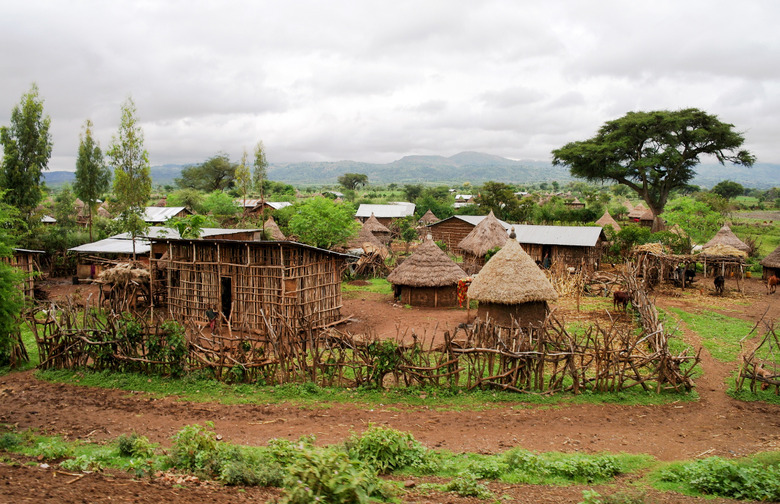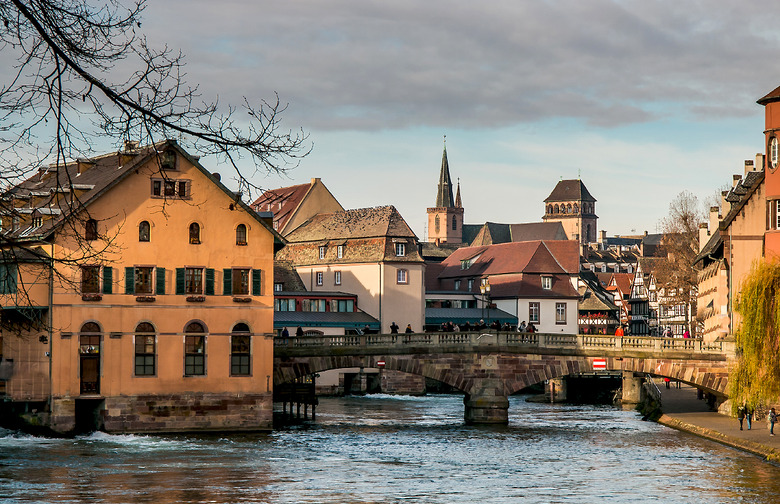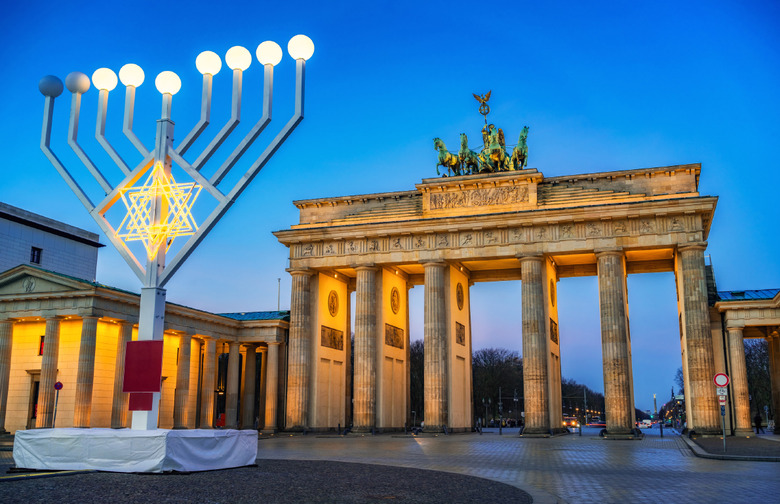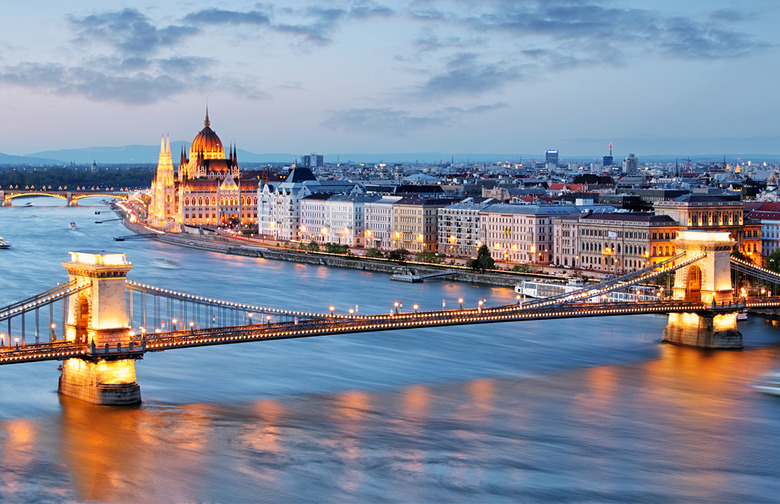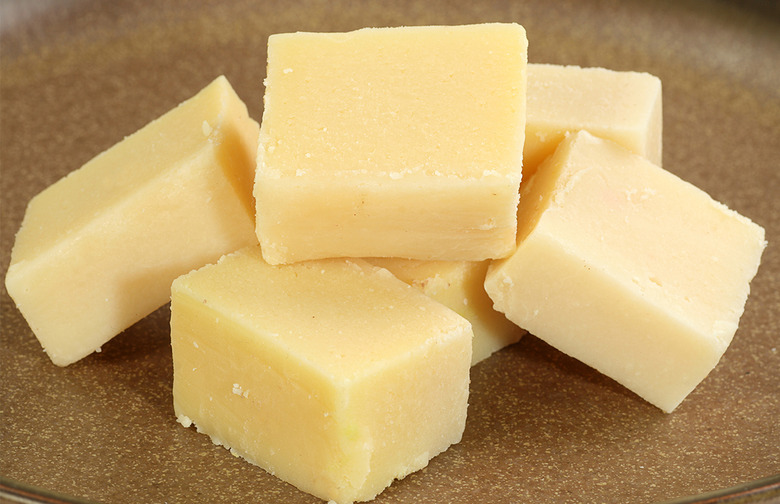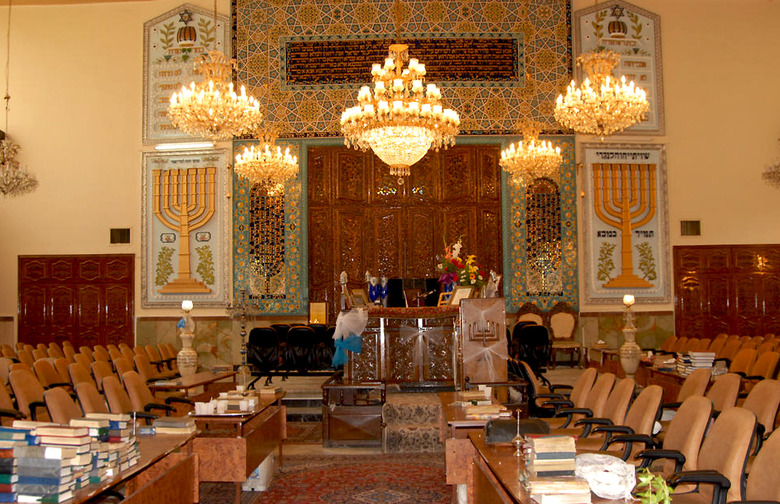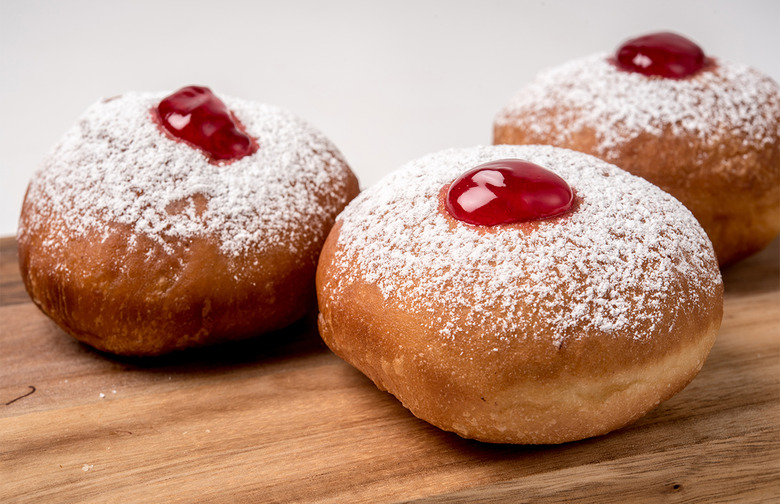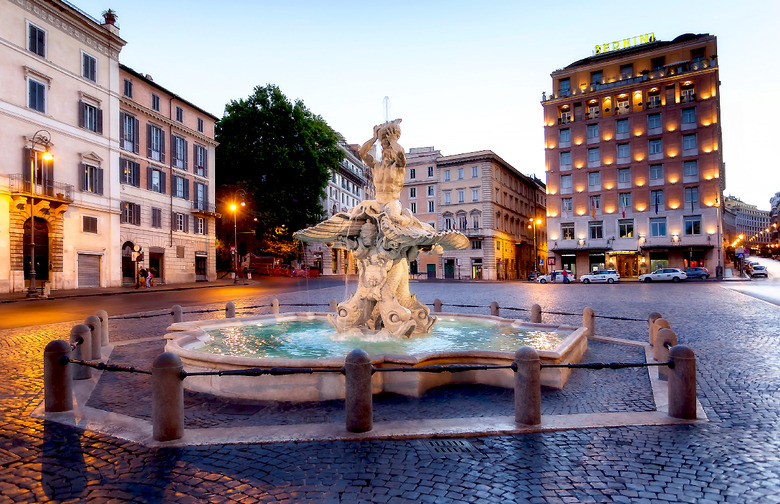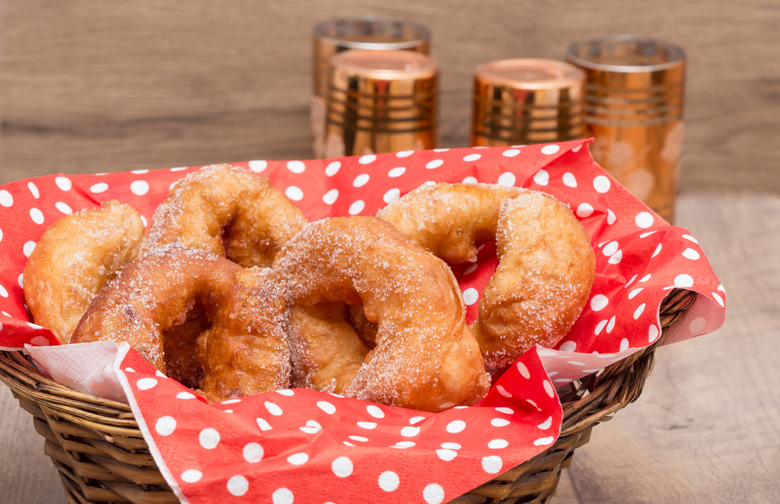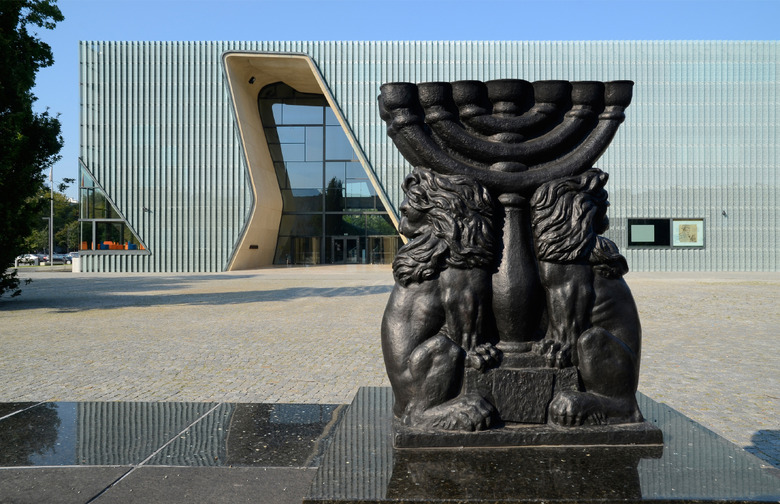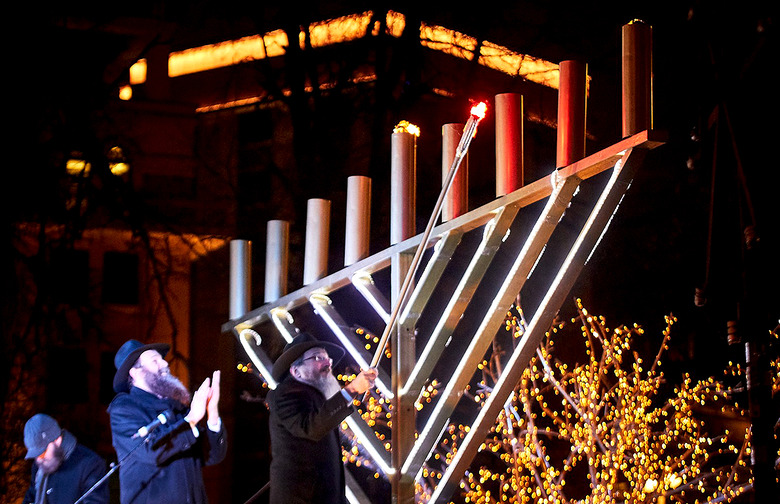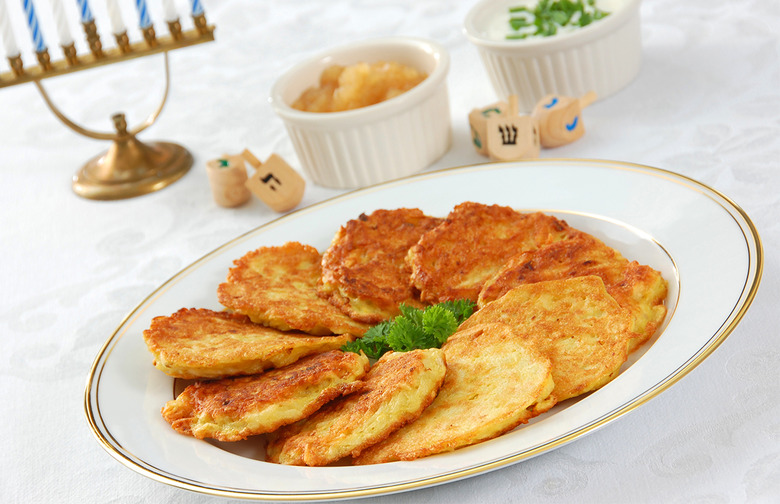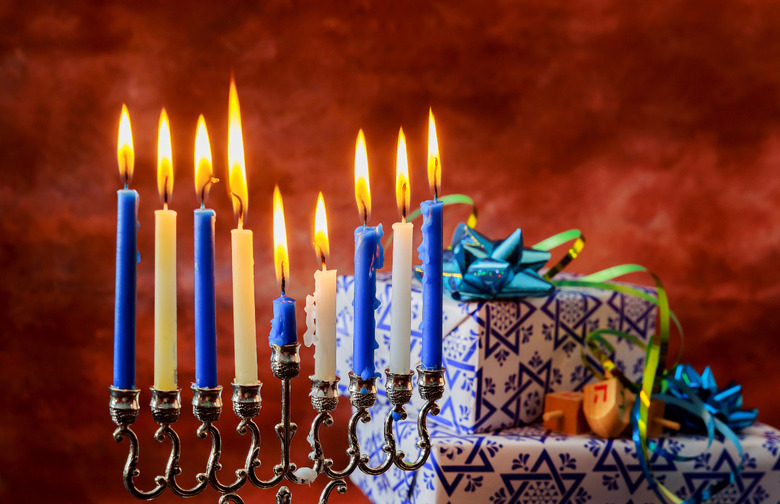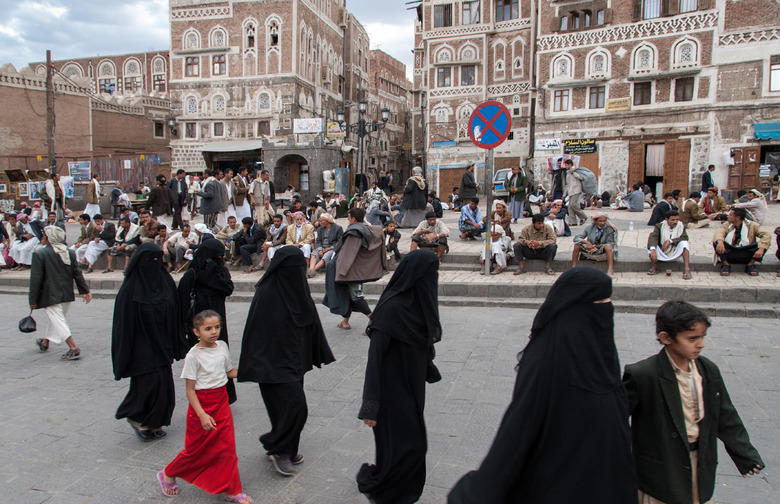How 21 Countries Around The World Celebrate Hanukkah Slideshow
Hanukkah is so much more than just a good-natured excuse for Jews to give gifts around Christmas — but there is something to that idea. Traditionally, Hanukkah isn't meant to be a significant or large holiday. In fact, many overlooked holidays such as Sukkot, the celebration of the harvest, and Rosh Chodesh, the celebration of every new month, are far more meaningful in terms of tradition and religious value.
However, due to its chronological proximity to Christmas, Hanukkah has become a widely celebrated holiday. It marks the anniversary of the Maccabean revolt to reclaim the temple of Jerusalem. In the famous tale, the Maccabees did not have enough purified oil to light the temple's grand lanterns for celebration. Miraculously, the small flask they had left over lasted eight full days and nights — just long enough to prepare a fresh supply of pure oil.
In honor of this classic story, Jews light (much smaller) menorahs on Hanukkah for eight consecutive nights. According to tradition, the women of the house must rest until the candles have been burning for a half-hour — or, for more traditional families, until the flame burns out. Some families refrain from using technology during this time, as well. Others, on the other hand, watch great Hanukkah TV specials with their families. More tasty traditions have arisen, as well, including eating fried latkes and other sweeter treats cooked with olive oil.
Along with these communal celebrations, some nations have merged their own countries' cultures with these customs from ancient times. In this slideshow, you'll find rituals and celebrations from around the world to document this Jewish tradition.
Afghanistan
The Afghan Jews have a long and complicated history with the majority Muslim government, resulting in Jews feeling the need to hide their religious identity. This was particularly difficult around the holidays. For Hanukkah, they could not light a menorah, as the glow would attract attention from neighbors and authorities. Instead, they filled small plates with oil and set them beside each other, symbolic of the oil the Maccabees used to light the temple in Egypt.
Algeria
Historically, Algerians hang their menorahs on walls near their doorways. The menorah is typically placed on the same side of the doorway as the mezuzah, the tiny scroll traditionally stuck to the inside of the front door. The mezuzah is meant to bestow both protection and blessings as you enter.
Australia
In Australia, Hanukkah is more about togetherness than anything else. Families will spend the night at home to light the candles with their loved ones, followed by a day of celebration with the surrounding community. Because Hannukah takes place during the Southern Hemisphere summer, some Jews even hold block parties to gather and commemorate the "festival of lights."
Canada
Canadians have been celebrating Hanukkah since 1760, when the first Jews were allowed to immigrate. They celebrate the holiday as more of a secular tradition than a religious observance, exchanging gifts and eating the foods traditionally made in whatever country each family originally came from. Hanukkah in Canada looks much like it does in the United States, a melting pot of traditions based on the practices of immigrants from all over the world.
China
The first Jews arrived in Kaifeng, one of the capitals of imperial China, during the eighth or ninth century. They built a large synagogue; during its peak the temple hosted a large gathering from the community of 5,000 Kaifeng Jews. However, the population completely dwindled by the mid-nineteenth century. The establishment of diplomatic relations between China and Israel in 1992 rekindled an interest in Judaism, prompting a revival. Kaifeng Jews who had left the country now return, celebrating Hanukkah by lighting menorahs and hosting gatherings for prayer.
Colombia
While Colombian Hanukkah traditions largely mirror those we're familiar with in the United States, one community has started something new. Chavurah Shirat Hayyam, a community in Santa Marta, has popularized eating fried plantains, called patacones, rather than typical potato latkes.
England
London's Trafalgar Square lights up every year with a giant menorah. The lighting has become an annual event drawing thousands of spectators. London alone is home to over 250,000 Jews, and England is home to even more Jewish citizens celebrating all over the country.
Ethiopia
For the Ethiopians, celebrating Hanukkah is quite new. Ethiopian Jews had split off from the larger Jewish community in ancient times, long before Hanukkah was deemed a Jewish holiday. After their communities were reunited with the greater Jewish population, they began practicing similar traditions.
France
Jews in one region of France, called Alsace, commonly used double-decker Hanukkah menorahs with space for 16 lights rather than the traditional eight. The second set of lights was used so that both a father and his son could light a candle together on one menorah.
Germany
More than 6 million Jews died in the Holocaust due to ethnic cleansing ordered by Nazi Germany. The country has since attempted to make slight reparations for the immense damage inflicted on the Jewish culture both within their borders and without, though most agree it is impossible to fully repair. In honor of the Jewish community in Germany, a large menorah is lit in front of Berlin's Brandenburg Gate to replace the memories of anti-Semitic rallies that occurred in the same spot before and during the Second World War.
Hungary
In Budapest, Hanukkah is a huge deal. Every year, the city hosts the Quarter6Quarter7 festival, named after the districts that make up Budapest's historic Jewish quarter. For eight nights, citizens celebrate with flash mobs, concerts, theater performances, and special Hanukkah menus at local restaurants.
India
There are 33 synagogues in India and a vibrant Jewish community. Indian Jews don't light wax-covered candles — instead, they dip wicks in coconut oil. Instead of the latkes common in Ashkenazi culture, Hannukah in India often features barfi, a milk-based treat enhanced with sweet fruits.
Iran
Iran has been home to Jews for 3,000 years, according to some estimates — many believe Esther resided there in biblical times. Today, Iran hosts synagogues and temples where Jews go to worship on many holidays, Hanukkah included. Jewish residents will attend religious services, read from prayer books, and celebrate Hanukkah in a more traditional fashion than other countries' gift-giving rituals of modernity.
Israel
On all eight nights of Hanukkah, the streets of Jerusalem are aglow. The custom is to display your family's menorah for the neighborhood to see — many houses in Jerusalem have cutouts in the wall specifically designed for this purpose.
For nourishment, Israeli Jews turn to latkes and sufganiyot (round jelly doughnuts). Both foods are greasy, fried in oil to symbolize the oil used by the ancient Jews to light the temple.
Italy
Jews have lived in Italy ever since 160 B.C., when a group arrived in Rome. The city celebrates elaborately with a massive menorah lit at Piazza Barberini. The spectacle is 20 feet tall and always draws a crowd.
The Italians also dine on precipizi, small fried balls of dough sweetened with warm honey. They feast on these treats with wine.
Morocco
You won't find many latkes in the Jewish kitchens of Morocco during Hanukkah. Instead, you'll find citrus-flavored doughnuts, called sfenj, made with orange juice and zest. Oranges have become affiliated with Hanukkah in Morocco because the famous Jaffa oranges come into season during the late fall and early winter.
Poland
Some estimates hold that 3 million Jews from Poland alone were murdered during the Holocaust, more than from any other country. A community has remained, however, and now menorahs are lit across the Eastern European nation to recognize a holiday that Polish citizens once had to hide. Poland's president has joined in the celebration in years past, symbolizing the peace that now exists between Jews and the government.
Russia
Russia's largest menorah is located in Moscow in Revolution Square. Thousands gather every year to watch the flames light and participate in ceremony. Moscow also hosts a Hanukkah concert in which choir singers perform traditional religious songs.
Turkey
In Istanbul, Jews often celebrate by singing a unique song called "Ocho Candelas" written in honor of the menorah's eight candles in the Ladino dialect used by Sephardic Jews who fled oppression in Spain for sanctuary under the Turkish government. They also indulge in a food called "burmelos," fritters that are made similarly to traditional latkes.
United States
In the United States, Jewish families have adopted the ritual of giving gifts to friends and family after becoming inspired by the Christian tradition around Christmas. Mixed-religion families are so common that it's even inspired a holiday called "Christmukkuh."
No matter the reason why, more than any other country in the world, American Jewish families give wrapped presents to family members and other Jews. Some families even have a Hanukkah bush in place of other houses' Christmas trees. The custom is to give one gift each night, totaling eight gifts — some families, however, choose to celebrate differently. What all families have in common is the lighting of the menorah. American Jews join Jewish families around the world in their candle-lighting ceremony at sundown and gorge themselves on latkes to their heart's content.
Yemen
In Yemen and other North African countries, the seventh night of Hanukkah has adopted a new meaning. This night is reserved for celebrating women, inspired by heroines of the Torah — specifically, they reference Hannah, a woman who sacrificed seven sons to protect Judaism against Greek pressure to convert, and Judith, a woman who seduced and assassinated an Assyrian general to lead the Jewish army to a fantastic win.
Many Hanukkah traditions, as you've probably gathered by now, involve lots of fried food and prayer. For eight crazy nights of fried food to enjoy this Hanukkah, click here.
